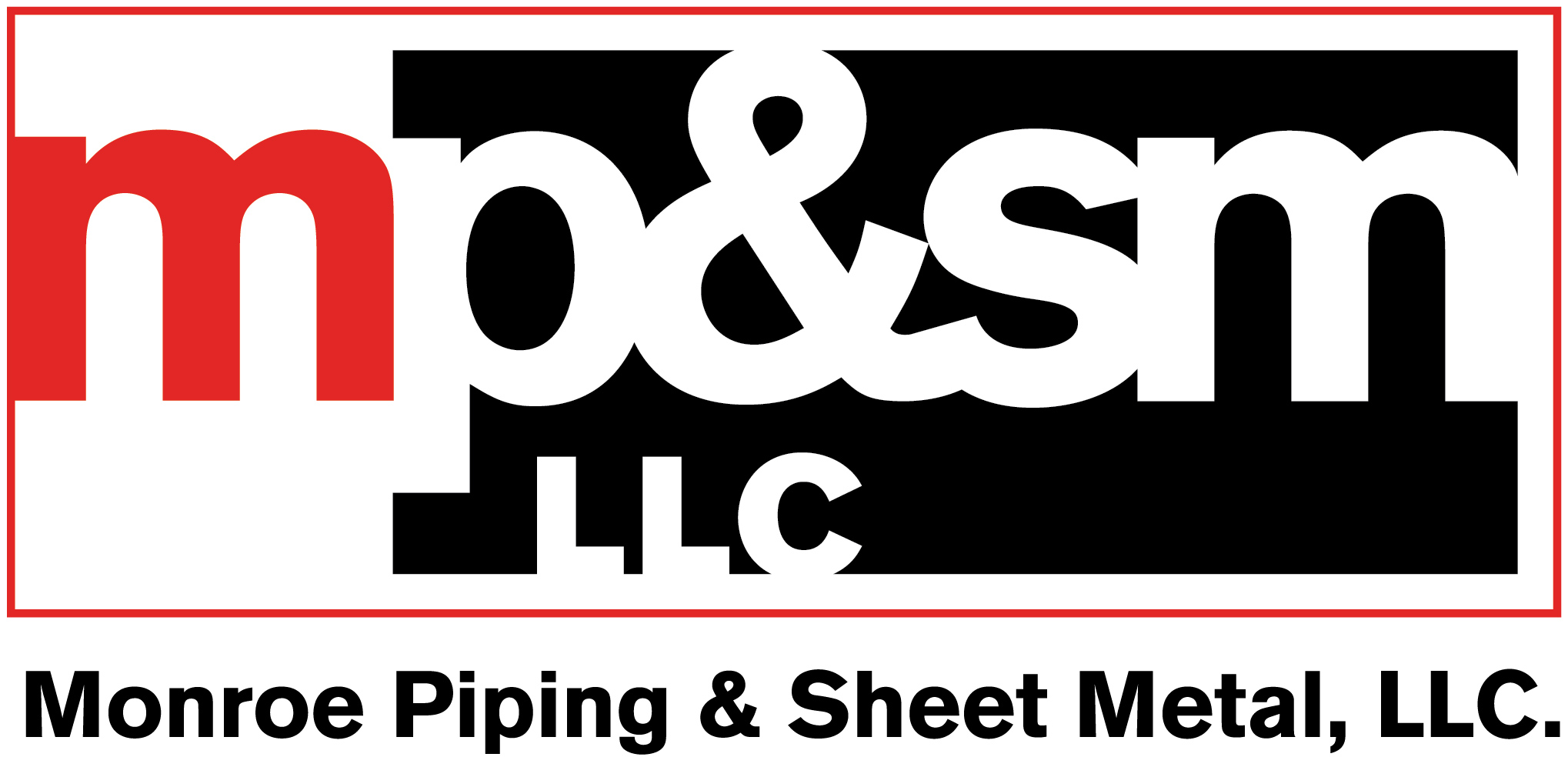In the ever-evolving landscape of environmental regulations, the recent mandates outlawing R-22 refrigerant mark a significant shift for businesses, building owners, and maintenance managers. As we move towards more eco-friendly practices, understanding the implications of these changes is crucial for staying compliant and ensuring the continued efficiency of your HVAC systems. At Monroe Piping & Sheet Metal, we are committed to helping you navigate these new regulations with ease.
What is R-22 and Why is it Being Phased Out?
R-22, also known as Freon, has been a widely used refrigerant in air conditioning and refrigeration systems for decades. However, due to its ozone-depleting properties, the Environmental Protection Agency (EPA) initiated a phase-out under the Clean Air Act, culminating in a complete ban on its production and import as of January 1, 2020. The move is part of a global effort to reduce substances that contribute to ozone layer depletion and to mitigate the environmental impact of HVAC systems.
How Does the R-22 Ban Affect Businesses?
For businesses and building owners, the R-22 phase-out presents several challenges:
1. Increased Costs for Maintenance and Repairs: With the production of R-22 now prohibited, any existing supplies are both limited and expensive. If your building’s HVAC system relies on R-22, you’ll likely face increased costs for maintenance and repairs as the refrigerant becomes scarcer.
2. System Compatibility Issues: Older HVAC systems designed specifically for R-22 may not be compatible with newer, more environmentally friendly refrigerants. This incompatibility means that simple retrofitting may not be possible, leading to potential system replacements, which can be a significant expense.
3. Compliance with Regulations: Businesses must ensure that they are compliant with the latest environmental regulations. Continued use of R-22 without a plan for transition could result in non-compliance, leading to potential fines and penalties.
4. Operational Efficiency and Sustainability: The transition away from R-22 provides an opportunity to upgrade to more efficient systems that use newer refrigerants like R-410A, which is not only better for the environment but also improves the overall efficiency and reliability of your HVAC systems.
What Should Building Owners and Maintenance Managers Do?
For those responsible for managing building maintenance, including HVAC systems, the phase-out of R-22 requires proactive planning:
1. Assess Your Current Systems: Start by identifying whether your HVAC systems use R-22. If they do, assess the condition and expected lifespan of the equipment. Older systems nearing the end of their operational life may be more cost-effectively replaced rather than retrofitted.
2. Explore Retrofit or Replacement Options: Depending on the condition of your current system, you may have the option to retrofit it to use a different refrigerant. However, in many cases, a complete system upgrade may be the most viable long-term solution. Newer systems are more energy-efficient and come with modern features that can enhance comfort and reduce energy costs.
3. Budget for Upgrades: Plan and budget for the potential costs associated with retrofitting or replacing your HVAC systems. Investing in newer technology may have higher upfront costs, but the long-term savings on energy and maintenance, as well as compliance with regulations, will offset these expenses.
4. Partner with HVAC Experts: Navigating these changes can be complex, which is why partnering with experienced HVAC professionals is essential. At Monroe Piping & Sheet Metal, we specialize in helping businesses assess their needs and implement the best solutions, ensuring a smooth transition and minimal disruption to your operations.
5. Educate Your Team: Ensure that your maintenance teams are aware of the new regulations and understand the steps needed to maintain compliance. Proper training will help avoid unintentional violations and will keep your systems running smoothly.
The phase-out of R-22 refrigerant is a significant milestone in the HVAC industry’s shift towards more sustainable practices. While it presents challenges, it also offers an opportunity to enhance your building’s efficiency, reduce environmental impact, and ensure compliance with evolving regulations. At Monroe Piping & Sheet Metal, we are here to support you every step of the way, from assessing your current systems to implementing modern, compliant solutions. Contact us today to learn how we can help you navigate these changes and keep your business running smoothly.
Ready to upgrade your HVAC system or need advice on the best way forward? Contact Monroe Piping & Sheet Metal at 585-482-0200 or visit our website at www.monroepiping.com to schedule a Consultation with one of our experts. Let’s work together to ensure your building stays cool, compliant, and efficient!

